Menu

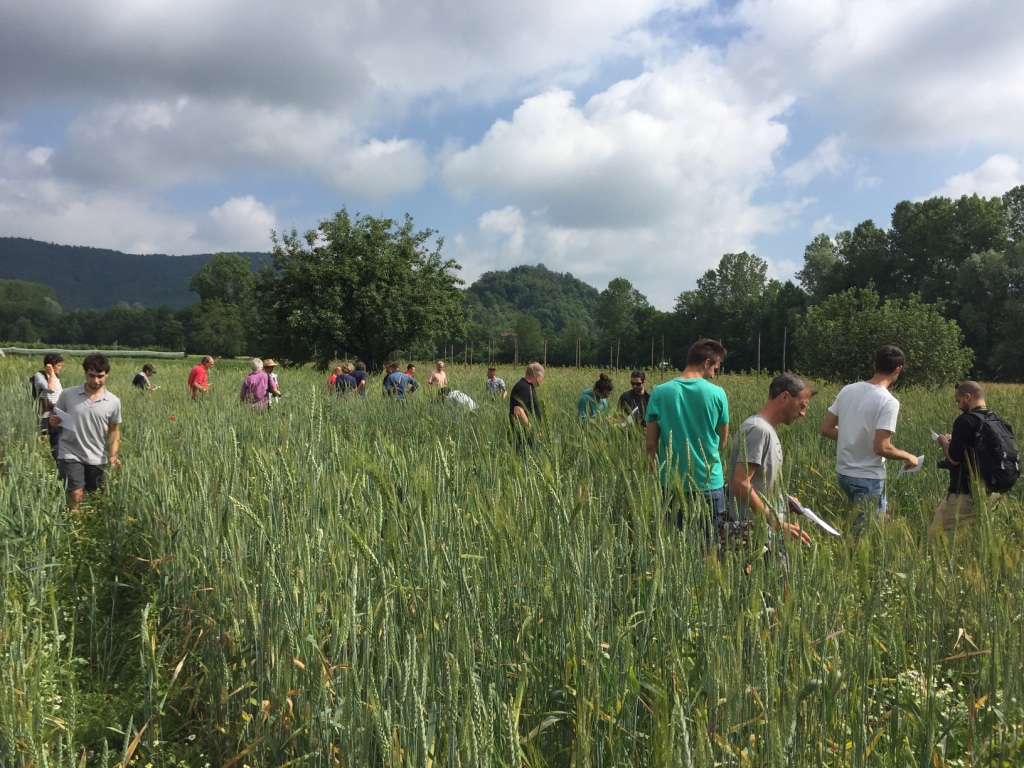
Picture by Paola Migliorini
The Living Lab (LL) is a research methodology for identifying, prototyping, testing and refining complex solutions in real-life, multiple and evolving contexts. It is a methodology in which citizens, inhabitants and other stakeholders are considered key players in the action-research and innovation process. In Europe, the development of LLs has taken place since 2006 in the context of the Lisbon strategy to promote employment.
Agroecology as a science, gives priority to action research, holistic and participatory approaches, and transdisciplinarity that is inclusive of different knowledge systems (AEEU 2018). So, research communities should contribute to agroecological transition through co-creation process, innovative practices and new participatory approaches. Agroecological living labs (AELLs) contribute to these processes since they are intended for the practical development and implementation of agroecology principles and practices with defined networks and interaction of different stakeholders beyond the farm scale. The important aspect is the direct relation and the co-creation of knowledge and co-conception of practices among the different types of actors.
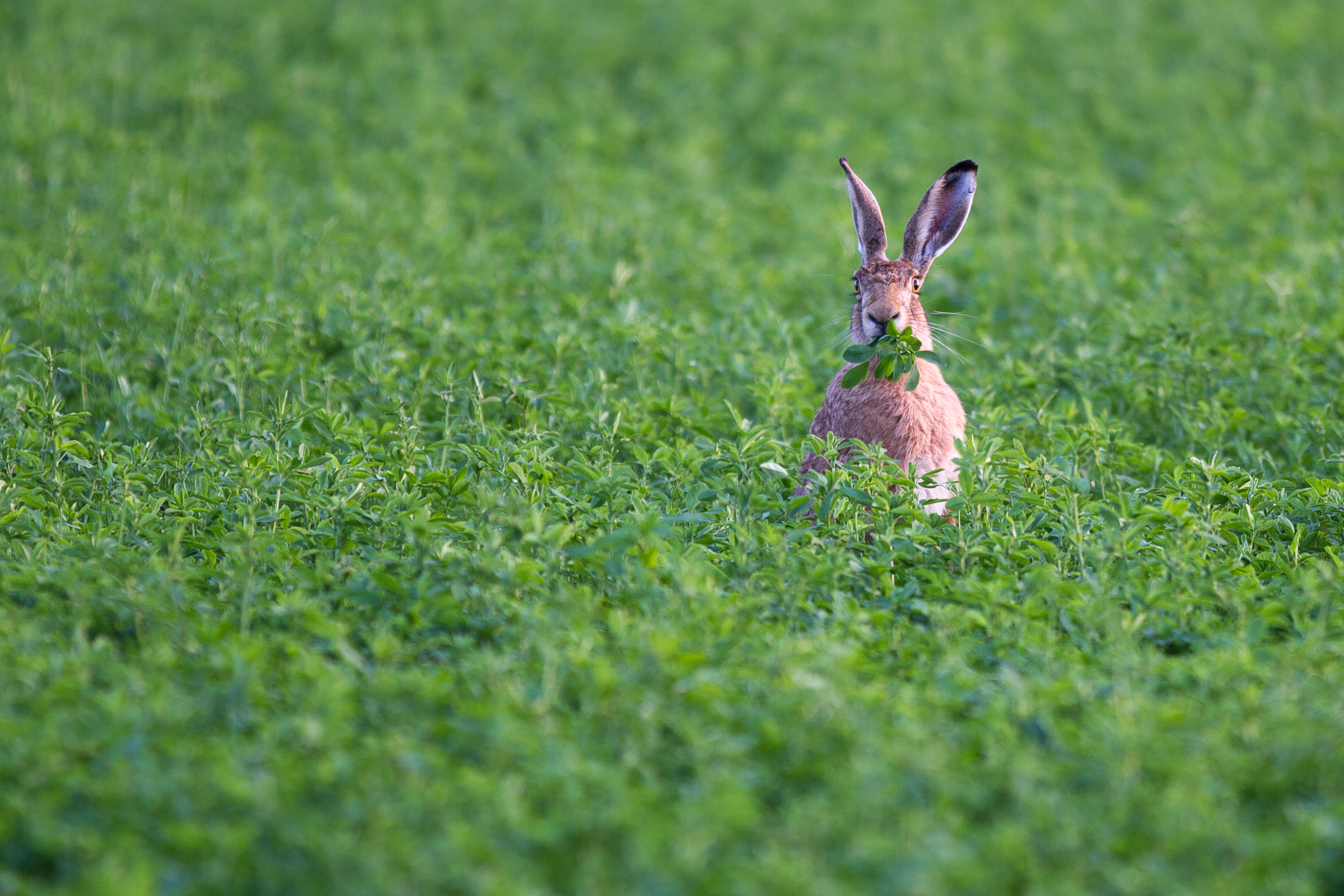
Picture by Alfred Grand, Grand Farm, Austria
Living labs have become quite popular for setting up co-creation environments (Morelli et al. 2020). Thus, for agroecological living labs, agriculture activities in urban and rural areas are valuable for their contribution to food production and for the ecological, social, cultural/spiritual and socio-economic values they offer. Relationships established with nature through ALLs restore ecological consciousness to the citizens and enable the formation and maintenance of socio-ecological memory (Barthel et al., 2010).
Moreover, LLs can play a significant role in strengthening the knowledge at the territory by increasing knowledge deriving from it and also by improving users’ engagement in the process itself of creation and instantiating relationships among actors. A wide range of actors is considered a key factor in the creation and development of LLs.
For instance, the focus of the 3 LLs developed within the AE4EU project, apart from creating and strengthening social relationships, differ by their spatial scale and countries. Thus, a national LL is focused on supporting the agroecological movement in The Netherlands; a regional ALL is targeted in the Piedmont territory (Italy); and a local LL is intended as an example of the concept of urban LLs in the UK. The manifesto of the Italian LL is a valuable result of an agroecological living lab that define its main actions.
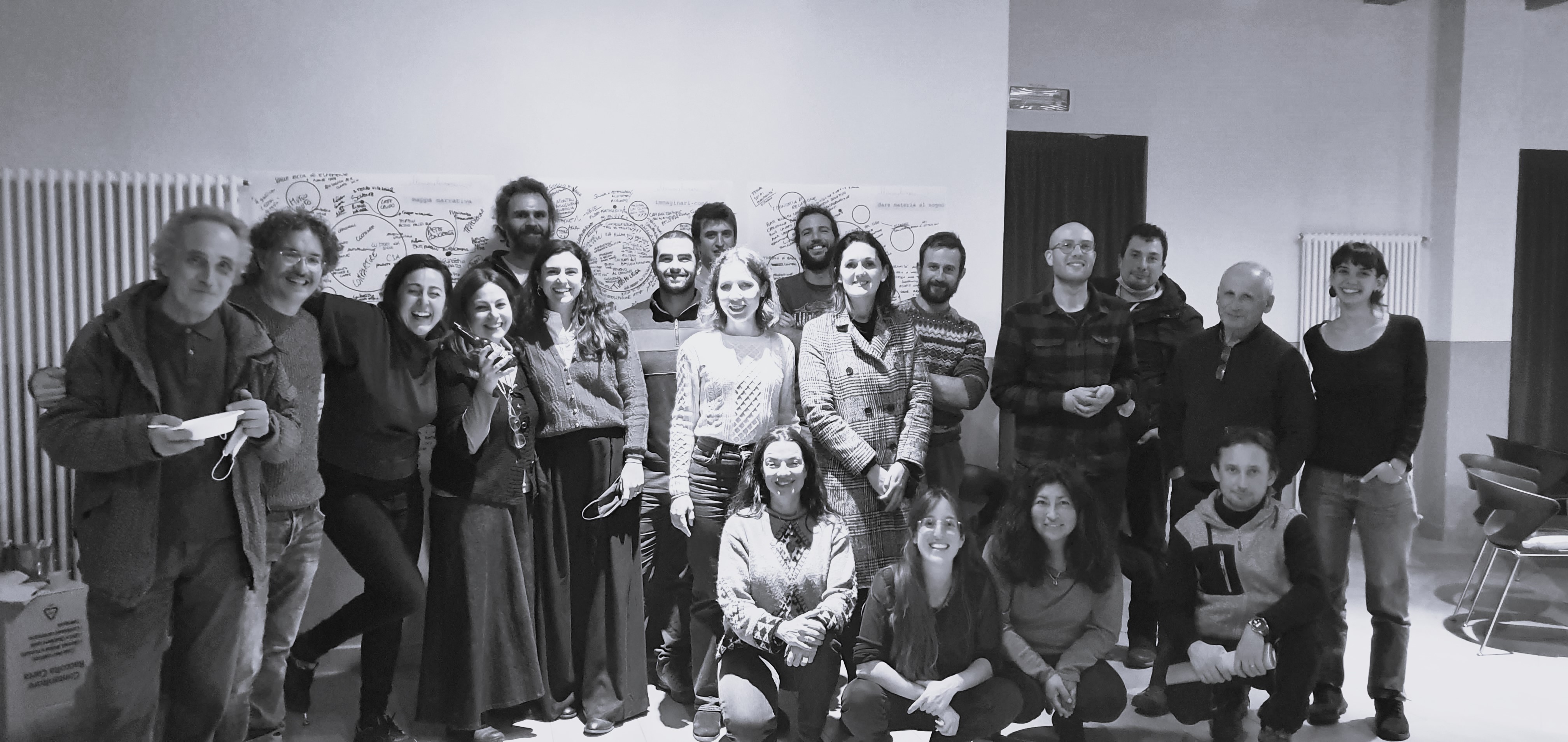
We are inhabitants, farmers, traders, educators, volunteers, and restaurateurs who work in agriculture and food supply chains in the Varaita Valley.
Through the agroecological living laboratory, we join our skills, paths and visions in order to share, implement and support the agroecological principles on our territory.
We believe that working in synergy within the agroecological paradigm can help our communities in the valley to: support those involved in agriculture in mountain areas, improve agri-food supply chains, sustain local tourism, preserve and improve bio-cultural diversity, deal with climate change, make our activities more sustainable at an environmental, economic and social level, for associations and farms.
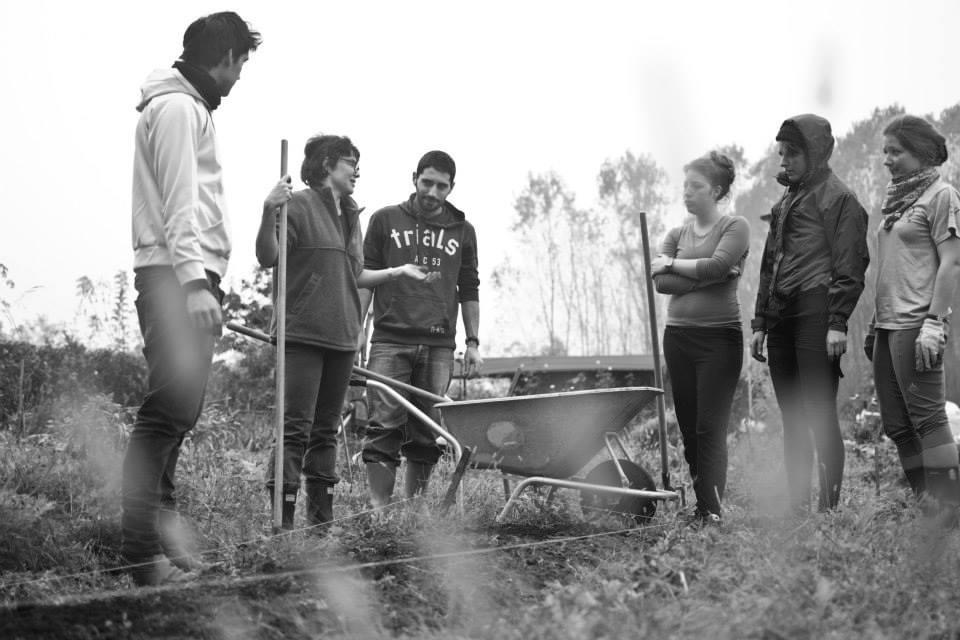
We share the ambition and challenges of creating a living laboratory based on the "bottom-up" approach, which goes beyond traditional schemes and which has the following objectives:
- create and maintain relationships based on tangible and intangible values;
- activate processes that can draw on existing good practices and create new ones;
- always keep in mind the concreteness of the real life of those who participate, in order to formulate clear and shared objectives;
- work with politicians at local and regional level to alleviate bureaucratic procedures.
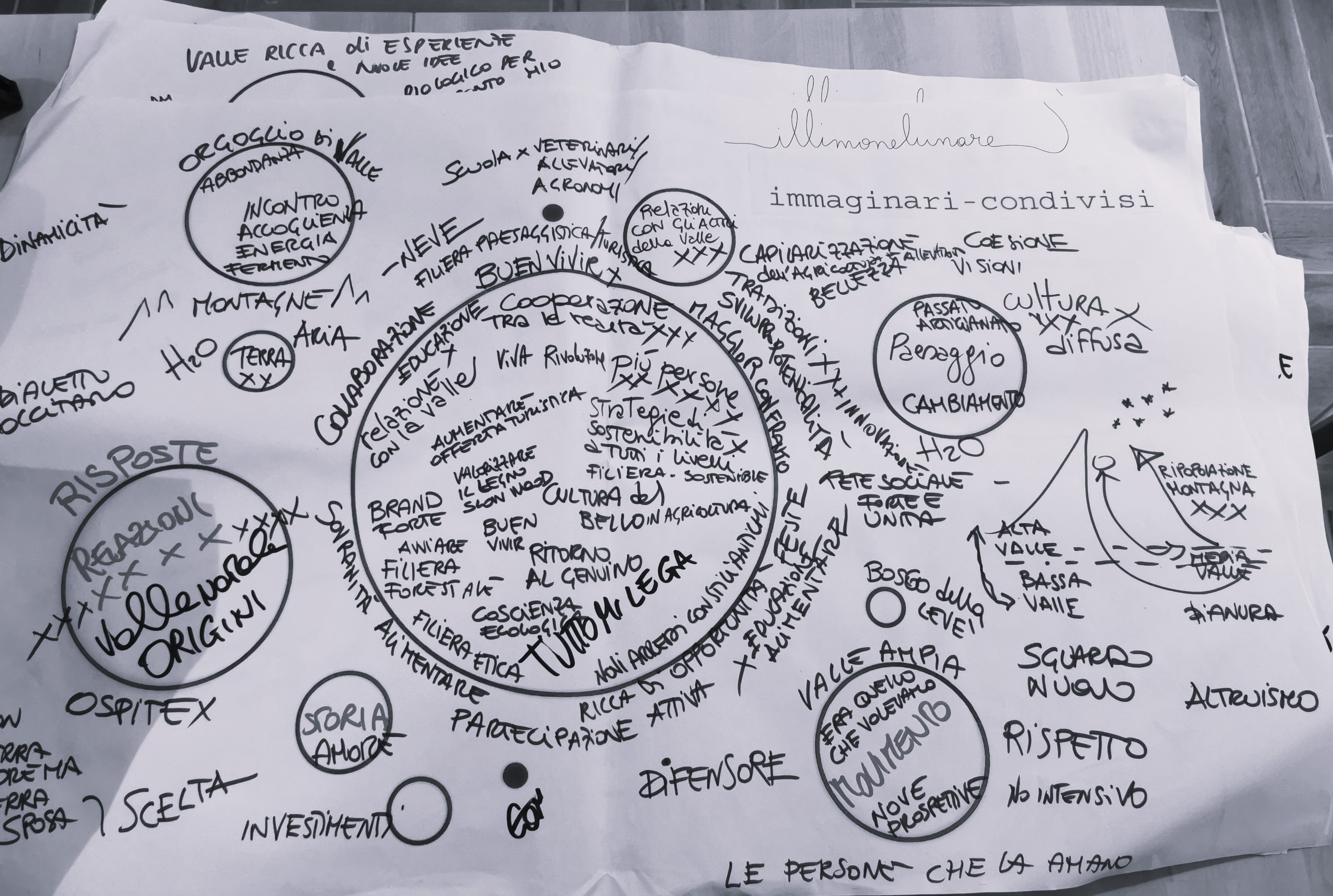
Through the Living Laboratory we have identified and shared the fragilities that we perceive in the agri-food chains in the valley that include: lack of collaboration, seasonal challenges, complexity of bureaucracy and lack of directives adapted to the mountain contexts, difficulty in collaboration with local institutions, lack of support in the agroecological field.
Starting from these fragilities we have chosen to work in the direction of two main themes:
1) Relational economics and tourism in low seasons
2) Food Sovereignty and access to Land
After collective discussion, we have drawn up actions and proposals for collaboration with local administrations for the two themes.
Concerning Relational economics and low-season tourism, we intend to propose and achieve the following:
- the creation of an office/counter to provide different types of support to local associations, farmers and producers with access to regional projects, including financing, access to loans and investments
- the introduction of a tourist tax
- the census of tourist initiatives
- collaborative planning of events and associated activities.
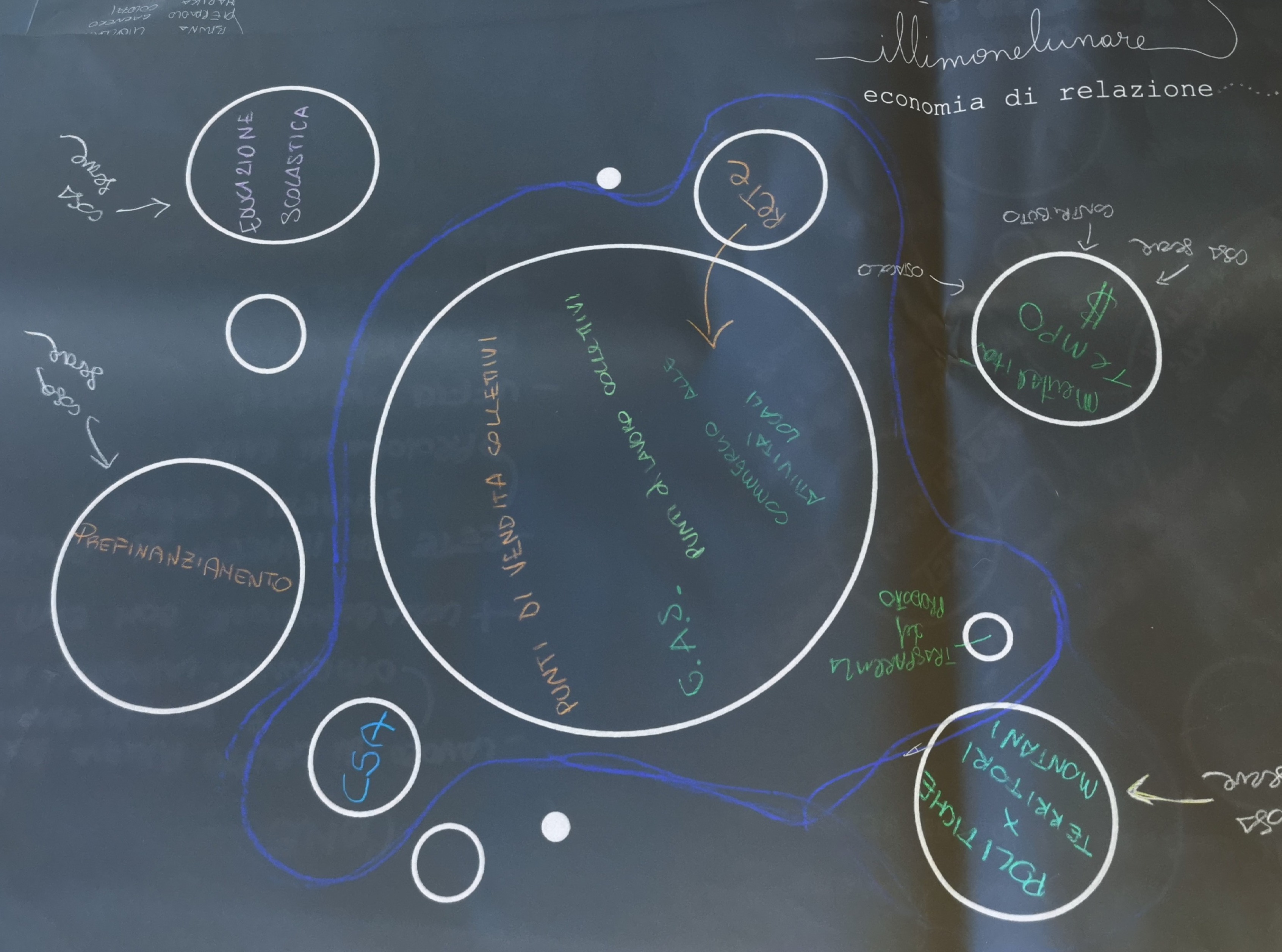
Regarding Food Sovereignty and Access to Land, we intend to propose the following:
- a census of state-owned land;
- the creation/ identification of a place and shared equipment in order to transform the agricultural production of the valley,(such as a common mill);
- the implementation of experimental fields for the production of cereals and legumes;
- the support for training in the agroecological field and for the facilitation of bureaucracy for new agroecological farms.
The living laboratory is committed to working in these directions. This Manifesto is a guideline to the continuous development.